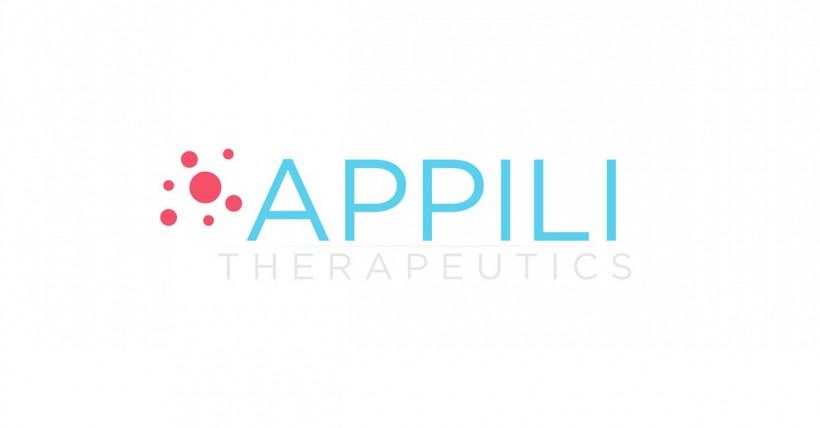The Food and Drug Administration in the U.S. has cleared Halifax-based Appili Therapeutics to expand its Phase 2 clinical trial of a drug that could help to prevent the spread of COVID-19 in long-term care facilities.
The company, which specializes in bringing anti-infectious drugs to market, said in May it would began Phase 2 trials of the drug Favipiravir in Canada, with the goal of proving it could help to prevent the spread of COVID-19.
Now the FDA has allowed Appili to expand the trial to encompass the U.S. as well as Canada. Appili intends to enroll as many as 760 participants in the two countries in the trial to demonstrate the safety and efficacy of Favipiravir in preventing the spread of the disease in long-term care, or LTC, homes.
“The burden of illness in long-term care centers continues to be a significant problem, and finding ways to offer LTC residents and staff protection against COVID-19 with an oral treatment would be a significant advance in our fight to control the devastating effects of this pandemic,” said Appili CEO Armand Balboni in a statement. “The limited response to vaccines often seen in the elderly further supports expanding this trial into the U.S."
Balboni said Favipiravir is an antiviral that can be administered orally as a tablet, without the need to be given intravenously or as injections. That may prove to be an important option for the elderly to avoid and/or control outbreaks in LTC facilities.
The company said this is important because more than 40 percent of COVID-19-related deaths in the U.S. involve nursing home residents and staff.
BioNova's Scott Moffitt Calls for Collaboration to Ensure Further Growth
Appili last November bought the rights to develop a new anti-fungal drug candidate from Fujifilm Toyama, and in May the two companies said they would work together in the trials for another Fujifilm Toyama drug candidate, Favipiravir.
Favipiravir has already been approved in India and Russia for emergency use against COVID-19 and as a pandemic influenza antiviral medication in Japan.
“The elderly are at the highest risk for contracting the disease and the rising rates of COVID-19 infection currently seen in much of the U.S. will likely continue to be a major threat to those living and working in long-term care facilities,” said Primary Investigator Dr. Allison McGeer, senior clinician scientist at the Lunenfeld-Tanenbaum Research Institute at Sinai Health in Toronto. “Through the means of a randomized control clinical trial, our team is looking forward to working with clinical partners in the U.S. to understand if Favipiravir could be an option for outbreak control in this setting.”
Shares of Appili, which is listed on the TSX Venture exchange, rose 7.6 percent to 99 cents on Monday, giving the company a total market valuation of $61 million.
Appili is one of several life sciences companies in Atlantic Canada that have thrived during the pandemic. The sector in Nova Scotia has raised more than $67 million in equity capital this year, some $27 million of which has been raised by Appili. Three publicly listed Halifax companies – Appili, IMV and Sona Nanotech – now have a combined market capitalization of more than $1 billion.










